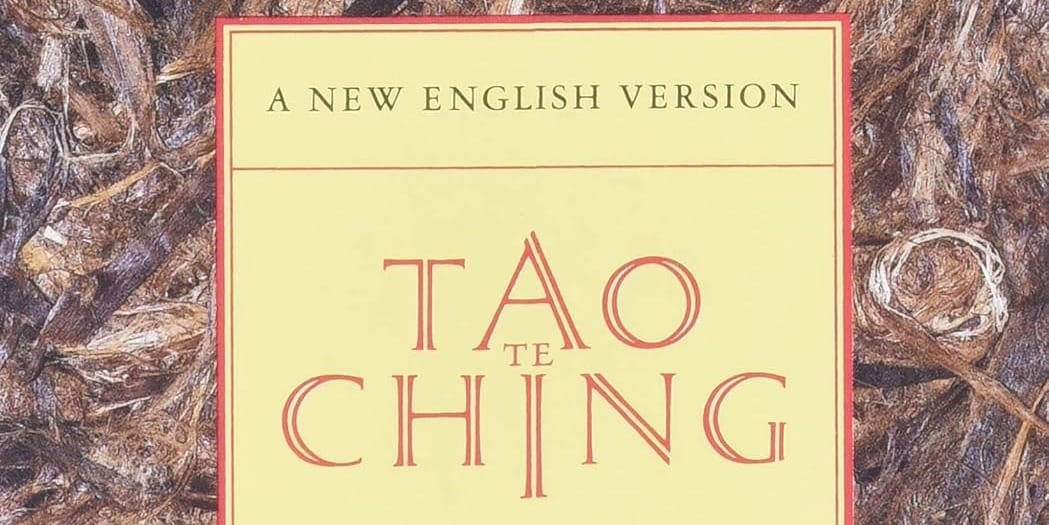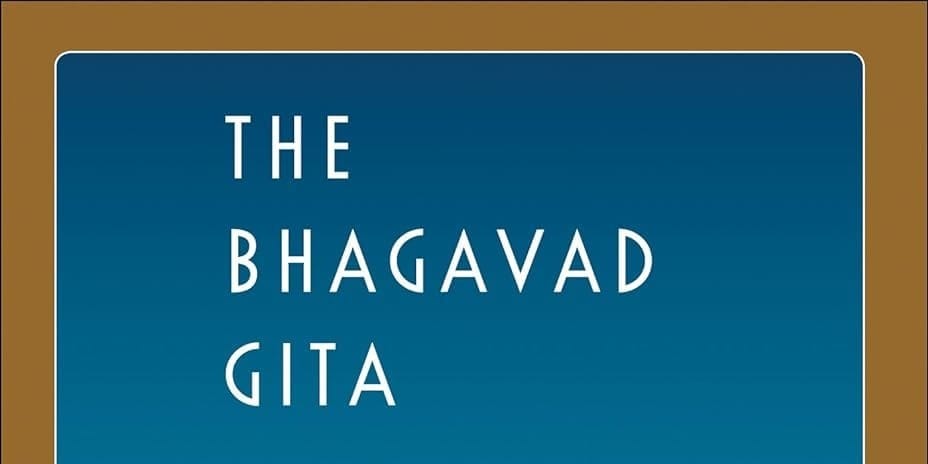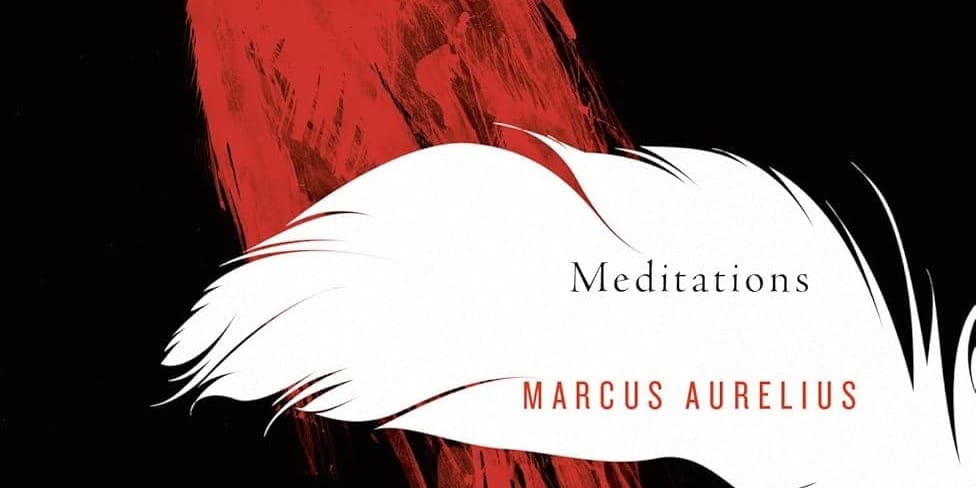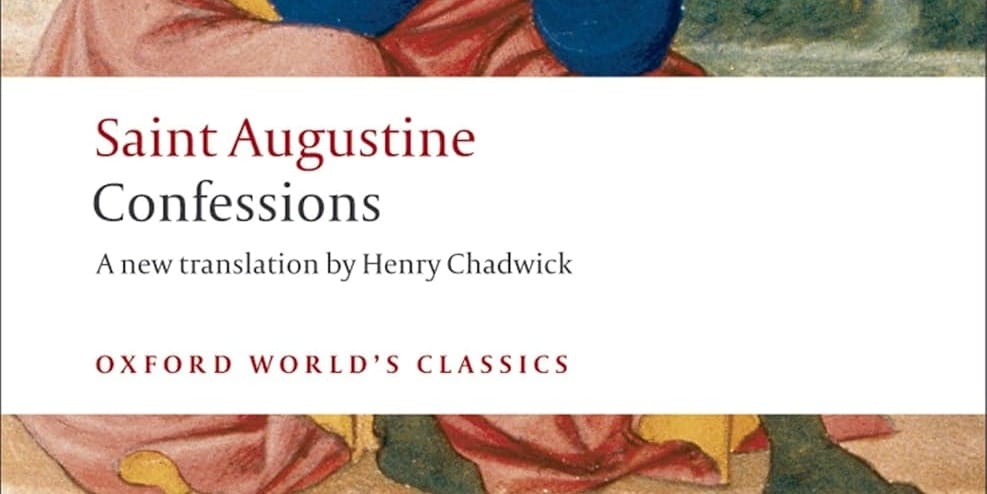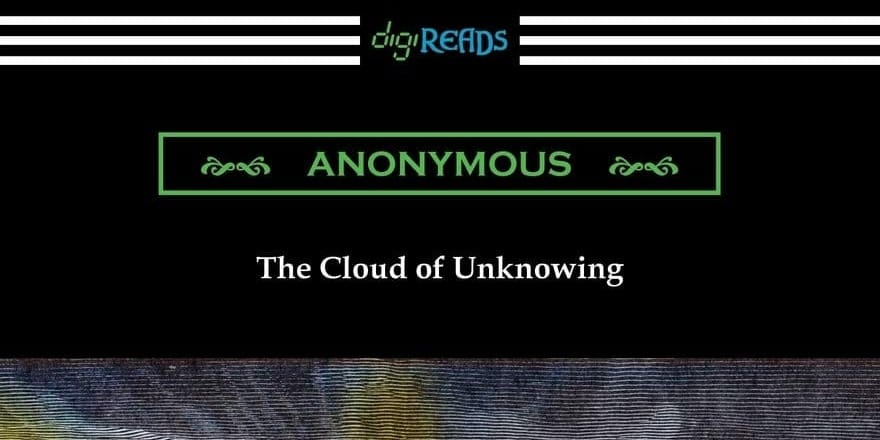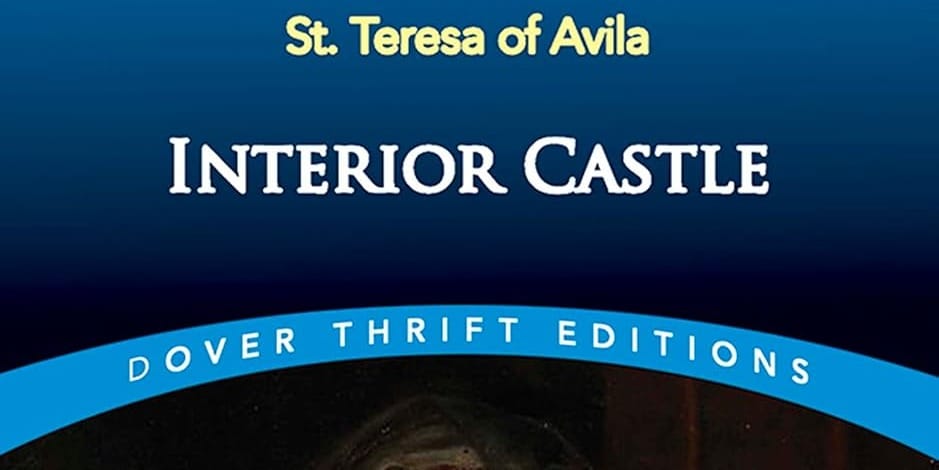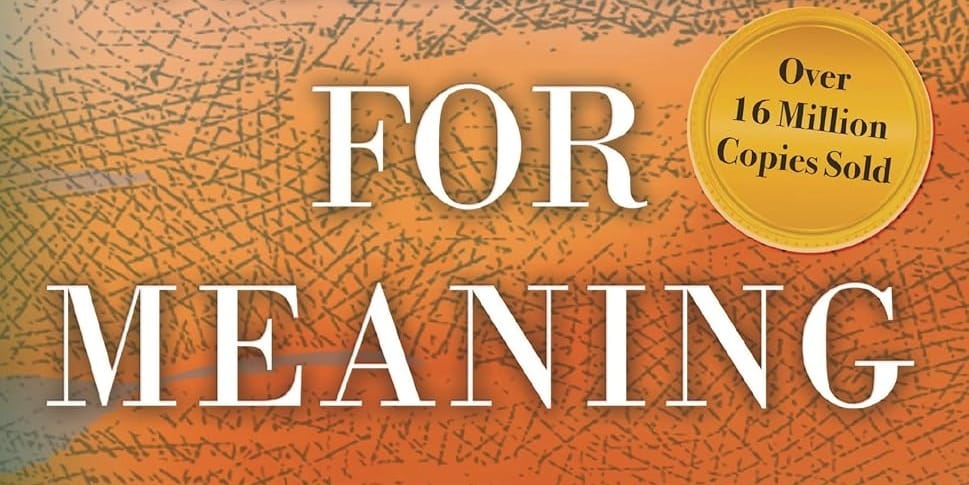Every now and then, we’re reminded of the power of timeless wisdom. Whether it’s through a quiet moment of reflection or a challenging life experience, we often look to something greater to guide us. Classic spiritual literature serves as a compass, offering profound truths and universal lessons that have stood the test of time. These works aren’t just books—they’re doorways into deeper understanding, written by those who dared to ask the big questions about existence, purpose, and the human spirit. Below, we explore eight must-read spiritual classics that every seeker should know.
Why Classic Spiritual Literature Endures
What makes classic spiritual literature so compelling is its timeless relevance. These works address the core of what it means to be human: our struggles, our hopes, and our connection to something beyond ourselves. Unlike modern self-help books that often focus on actionable tips, like those featured in our list of must-read spiritual self-help books, these classics delve into universal truths and eternal wisdom. They challenge us to think deeply, feel profoundly, and live meaningfully. Let’s explore these literary treasures, arranged by publication date, and discover how their insights remain as powerful today as ever.
1. The Tao Te Ching by Laozi (6th Century BCE)
The Tao Te Ching is a cornerstone of spiritual philosophy and one of the most widely translated texts in the world. Written by Laozi, it offers profound insights into the nature of existence and the power of living in harmony with the Tao—the natural flow of the universe. Its poetic verses emphasize simplicity, humility, and balance. For seekers looking to embrace the art of letting go, this classic is an essential guide.
2. The Bhagavad Gita by Eknath Easwaran (2nd Century BCE)
Part of the Indian epic Mahabharata, the Bhagavad Gita is a dialogue between the prince Arjuna and the deity Krishna. It explores themes like duty, devotion, and the path to enlightenment. Its timeless lessons on selflessness and inner peace resonate deeply with anyone seeking to align their actions with a higher purpose. The Gita is a profound spiritual manual that continues to inspire readers worldwide.
3. Meditations by Marcus Aurelius (161-180 CE)
Written by a Roman emperor, Meditations is a personal journal of Stoic philosophy and a reflection on life’s impermanence. Marcus Aurelius explores themes like self-discipline, resilience, and the interconnectedness of all things. This classic serves as both a practical guide for living virtuously and a spiritual exploration of our place in the cosmos.
4. The Confessions by Saint Augustine (400 CE)
One of the first spiritual memoirs in Western literature, Saint Augustine’s Confessions is a deeply personal account of his journey from sin to salvation. This introspective work explores the themes of grace, faith, and the human struggle for meaning. For those interested in spiritual transformation through self-examination, Augustine’s words remain profoundly relevant.
5. The Cloud of Unknowing by Anonymous (14th Century)
This mystical text, written by an anonymous Christian monk, invites readers to embrace the unknown in their pursuit of God. The Cloud of Unknowing encourages a contemplative approach to spirituality, emphasizing love over intellect as the path to divine union. Its meditative tone and profound insights make it a classic for anyone drawn to the mystical side of spirituality.
6. The Interior Castle by Saint Teresa of Ávila (1577)
A masterpiece of Christian mysticism, The Interior Castle is a guide to spiritual development through the metaphor of a castle with many rooms. Saint Teresa describes the soul’s journey inward to connect with the divine. Her work emphasizes prayer, humility, and perseverance, offering timeless wisdom for those seeking deeper spiritual connection.
7. Walden by Henry David Thoreau (1854)
While not traditionally spiritual in the religious sense, Thoreau’s Walden explores the spiritual significance of simplicity and self-reliance. Through his reflections on living deliberately in nature, Thoreau invites readers to reconnect with their inner selves and the natural world. This work is a celebration of mindfulness and an enduring call to live authentically.
8. Man’s Search for Meaning by Viktor E. Frankl (1946)
This modern classic combines psychology and spirituality, offering profound lessons on finding purpose even in the face of suffering. Viktor Frankl’s reflections on his experiences in Nazi concentration camps reveal the human capacity for resilience and meaning-making. For seekers looking to understand the interplay between suffering and the search for meaning, this book is a transformative read.
How Classic Spiritual Literature Shapes Us
Each of these works offers a unique window into timeless truths, from the poetic wisdom of Laozi to the existential reflections of Viktor Frankl. Classic spiritual literature invites us to step back from the distractions of daily life and consider what truly matters. Reading these books is more than a literary exercise; it’s a journey into the heart of human existence. They challenge us to confront our deepest questions and offer guidance on living authentically and with purpose. No matter where you are on your spiritual path, these timeless texts serve as steadfast companions, reminding us that the quest for meaning is as old as humanity itself.
💬 Psst… Many of the books from the list are available to read for free with Kindle Unlimited or listen for free with Audible — both offer 30-day free trials for new users. Perfect if you’re trying to read (or listen to) more without spending more.


